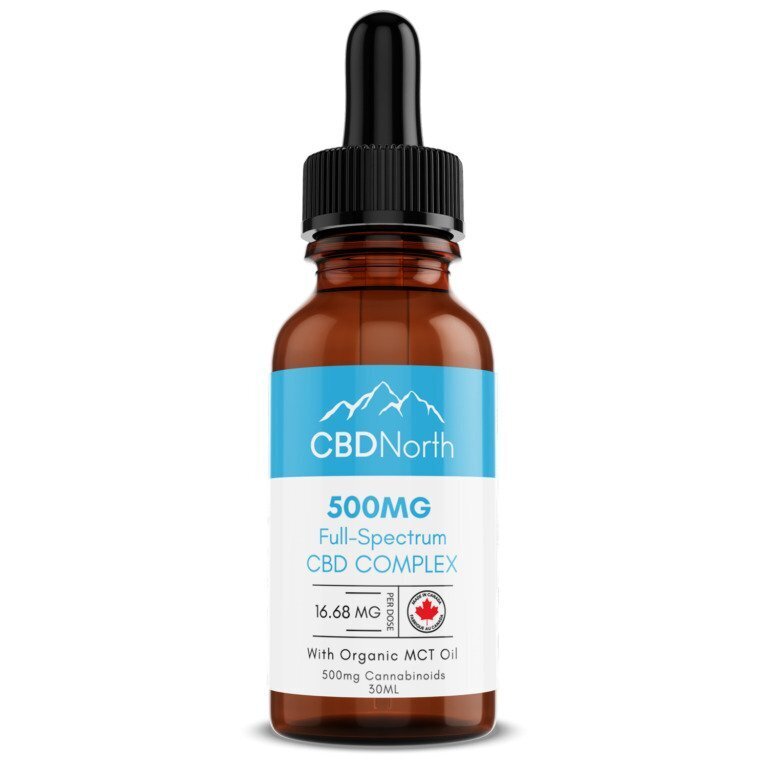
As pet owners seek alternative ways to support their animal companions’ health, CBD oil has gained popularity. This natural compound, derived from hemp plants, has sparked interest due to its potential therapeutic properties. While short-term benefits have been observed, many pet owners wonder about the long-term effects of CBD oil on their furry friends. Despite the long-lasting effects of CBD oil on animals, it’s important to understand how they react to it. Like humans, pets have an endocannabinoid system (ECS) that plays a role in maintaining balance across various bodily functions. CBD interacts with this system, potentially influencing mood, pain perception, appetite, and more.
Potential long-term benefits
- Chronic pain conditions like arthritis significantly impact the quality of life of pets. Using CBD for a long period may reduce inflammation and alter pain perception. This could lead to improved mobility and comfort for ageing pets or those with chronic conditions.
- Pets experiencing ongoing anxiety may benefit from CBD’s calming effects. Using it long-term might improve pets’ overall well-being by helping them cope with stressors.
- There are promising long-term treatments for epilepsy that include cbd oil for pets. Some pet owners report a reduction in seizure frequency and severity with consistent CBD use.
- CBD’s anti-inflammatory properties may contribute to improved skin health over time. Pets with chronic skin conditions might experience relief and reduced itching with ongoing use.
- Long-term CBD oil use may support digestive health by reducing inflammation in the gut and promoting balanced gut flora. This could be particularly beneficial for pets with chronic digestive issues.
- The potential cardioprotective effects of CBD have been suggested in preliminary research. Long-term use could support heart health in pets, although more studies are needed to confirm this effect.
Monitoring long-term use
To ensure the safe and effective long-term use of CBD oil in pets, consider the following:
- Regular veterinary check-ups – Schedule regular check-ups to monitor your pet’s overall health and any changes that might be related to CBD use.
- Bloodwork – Periodic blood tests help track liver function and other health markers that might be affected by long-term CBD use.
- Behavior observation – Keep a log of your pet’s behaviour, noting any changes in mood, activity level, or symptoms that prompted CBD use.
- Dosage adjustments – Please work with your veterinarian to adjust dosages as needed based on your pet’s response and any changes in their condition over time.
- Product evaluation – Regularly review the CBD products you’re using, ensuring they continue to meet high-quality standards and remain appropriate for your pet’s needs.
The legal status of CBD oil for pets varies by region and continues to evolve. Pet owners should stay informed about local regulations and choose products that comply with current laws. There may be more standardized guidelines for the use of CBD in veterinary medicine as research progresses.
Expert opinions
Veterinary professionals have varying views on the long-term use of CBD oil in pets. Its potential benefits are cautiously optimistic for some, but more comprehensive studies are needed for others. Many agree that CBD shows promise but stress the importance of using it under veterinary guidance, especially for long-term applications. The long-term effects of CBD oil on pets are still being uncovered. While many pet owners report positive outcomes, it’s essential to approach long-term use with careful consideration and professional guidance.

